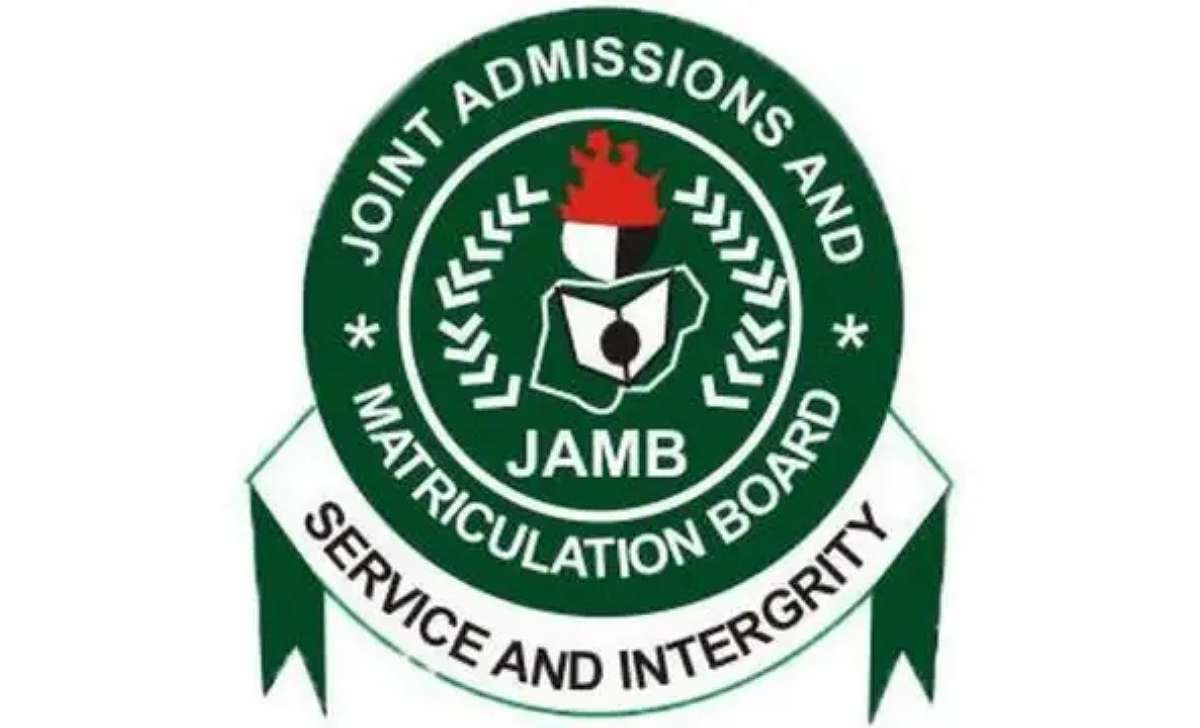Preparing for the JAMB Music exam for the 2025/2026 academic session might seem overwhelming, but with the right strategy, you can ace it.
Music as a subject is not just about listening to songs; it’s a blend of theory, history, and practical understanding. This article will walk you through the key areas you need to focus on to score high in your exam.
JAMB Areas of Concentration for Music 2025/2026
1. Master the Rudiments of Music
- The Staff and Notation: Get familiar with the five lines and four spaces of the music staff. Learn how notes and rests are placed to create rhythm.
- Key Signatures and Scales: Focus on key signatures with up to two sharps and flats. Practice identifying scales and their patterns.
- Time Signatures: Understand how beats are organized in music, whether it’s 4/4, 3/4, or 6/8.
- Intervals and Transposition: Learn how to measure the distance between notes and practice shifting pieces into different keys.
Why this is important: The rudiments form the foundation of all other music topics, and questions from this area often appear in JAMB exams.
2. Dive into Elementary Harmony
- Chords and Triads: Study major, minor, and diminished chords and their inversions.
- Cadences: Learn about perfect, plagal, and imperfect cadences and how they conclude musical phrases.
- Chord Progressions: Practice basic progressions like I-IV-V-I in major and minor keys.
Pro tip: Draw diagrams or use piano apps to visualize chords and progressions.
3. Explore African Music
- Traditional Instruments: Know instruments like the talking drum, ekwe, and agogo.
- Nigerian Folk Songs: Study their themes, language, and cultural significance.
- Popular African Musicians: Research artists like Fela Kuti and Onyeka Onwenu, their styles, and their impact.
JAMB often tests your understanding of how traditional music influences contemporary African sounds.
4. Learn the History of Western Music
- Major Periods: Baroque, Classical, Romantic, and 20th-century music.
- Famous Composers: Study the works of Bach, Beethoven, Mozart, and Chopin.
- Music Forms: Understand symphonies, sonatas, and concertos.
Pro tip: Watch YouTube videos on these composers for a more engaging learning experience.
5. Comparative Music Studies
- African Diaspora Music: Learn about jazz, gospel, reggae, and afrobeat.
- Cultural Nationalism: Understand how music expresses Nigerian pride and identity.
6. Practical Knowledge and Application
- Transcribe simple melodies into tonic solfa notation.
- Identify musical intervals and recognize them in written scores.
- Explain how harmony and melody work together in compositions.
Tips for Excelling in JAMB Music
- Get the Official Syllabus: This will help you focus your study on what’s relevant.
- Practice Past Questions: Many JAMB questions are repeated or rephrased, so this is your secret weapon.
- Use Reliable Textbooks: Recommended books include Rudiments and Theory of Music by ABRSM and Essential Music for Schools.
- Incorporate Listening Practice: Listen to a variety of music styles, from classical to contemporary African genres.
Common Mistakes to Avoid
- Skipping Topics: JAMB covers a wide range, so don’t leave any area out.
- Cramming Instead of Understanding: Music is logical; understanding concepts makes them stick.
- Ignoring Time Management: Allocate enough time to each question during the exam.
